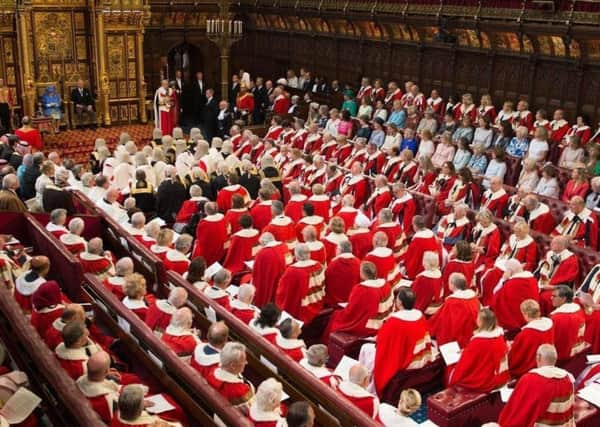YP Letters: Democratic dangers of electing House of Lords


You reported my friend and former boss Lord Adonis was planning to move amendments to the proposed legislation which would end hereditary peer by-elections in the House of Lords (The Yorkshire Post, September 5); he instead wishes to replace the Lords with an elected House. You quote him as saying that “An elected second chamber would be far stronger”. Exactly: a stronger House of Lords would mean a weaker House of Commons. We should not underestimate the challenges of two elected houses facing-off when disagreements occur. Currently, members of the House of Lords are clear the elected House of Commons wins the day if we have asked them to think again on an issue and they decline to do so.
With an elected House of Lords, there would be a real danger of the kind of legislative stalemate so damaging to good governance that occurs in other countries. It is also important not to underestimate how well the current House of Lords improves laws and holds the Government to account.
Advertisement
Hide AdAdvertisement
Hide AdThe contribution of the world-leading experts who are not politicians and less beholden than MPs to their party whips should be valued, as it makes our laws better and keeps the Government of the day on its toes.